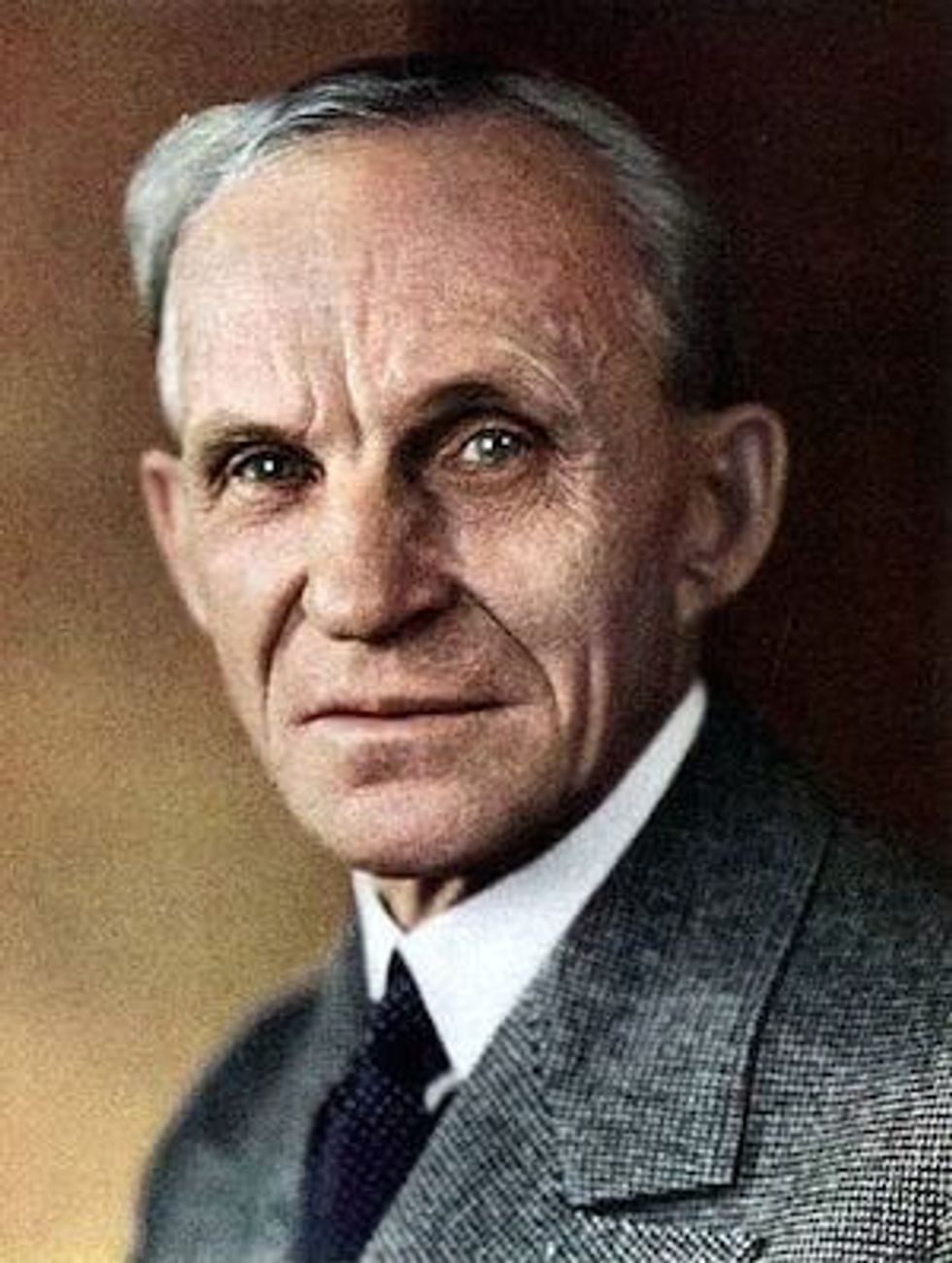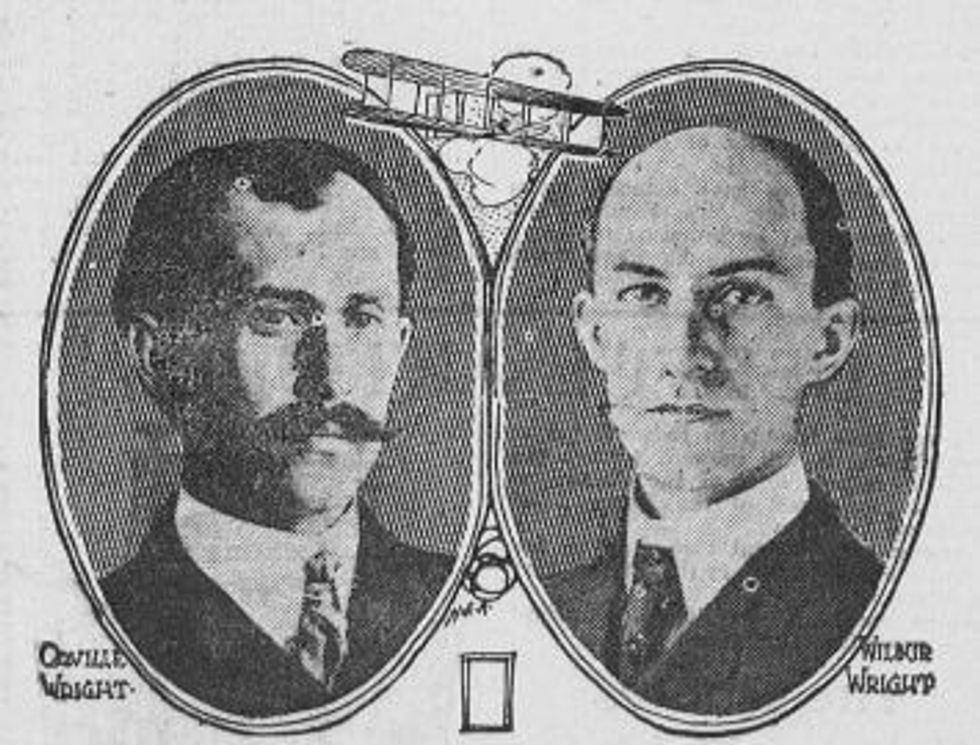
4 Invention Tips from Famous 20th Century Inventors
The early 20th century was a time of rapid innovation. From automobile assembly lines to the first airplane flight, inventions affected consumerism in a way the United States had not seen previously. To this day, the great minds of the 1900s can inspire inventors and entrepreneurs alike.
Henry Ford – Ford Motel T, Mass Production Assembly Line

Henry Ford created the Ford Motor Company with the help of multiple business partners and investors in 1903. The Model T was introduced just a few years later in 1908. At just $825 (approximately $22,000 today) at the time of its release, the strong majority of early 20th century Americans learned to drive behind the wheel of the Model T. In 1913, Ford installed the first moving assembly line. By assigning one person to each of the 84 processes in the line, the production time for the Model T dropped from 12 hours to two and a half hours. This boost in productivity and efficiency brought about a decrease in retail price and an increase in profit.
So what invention tips can we learn from Henry Ford? Continue to improve on your own ideas and inventions. Henry Ford was a success a few years after the Model T was released, but he didn’t just accept this achievment; he improved. By constantly evaluating your ideas, inventions, and business practices, you can discover new ways to strive for excellence. Like Henry Ford once said, “Don’t find fault; find a remedy.”
Orville and Wilbur Wright – First Successful Airplane

Orville and Wilbur Wright worked in obscurity for four years before inventing and building the world’s first successful airplane. Fighting against 27-mile-per-hour wind, their first flight took place in Kitty Hawk, North Carolina, in December 1903. With Orville manning the aircraft, it flew about 120 feet in 12 seconds before hitting the sand. After a few more flights that day, the most impressive spanning 852 feet in 59 seconds, the plane was irreparably damaged by a gust of wind. After a few years of skepticism and feuding with the press, the brothers pursued collaborations with the French and U.S. governments, and their fame and wealth grew exponentially.
There are many lessons you could derive from the trials of Orville and Wilbur Wright, but one of the most valuable invention tips is the importance of perseverance. The Wright brothers worked for nearly a decade before they saw any substantial financial success or got much recognition from militaries or governments. Draw inspiration from their belief and dedication to their goal.
Frederick Banting – Insulin

In the early 1900s, having diabetes was essentially a death sentence. Although doctors knew consuming sugar was bad for diabetics, they did not know why or how sugar affected them in that way. Doctors in the late 1800s determined the destruction of the pancreas played a role in diabetes, but it wasn’t until 1920 that Dr. Frederick Banting started extensively experimenting on a dog and its pancreas to see if there was a way to regulate diabetes.
Dr. Banting and his assistant, medical student Charles Best, removed the pancreas from a dog to give it diabetes and then ground up the pancreas with water and salt to make an injection, which they called “isletin.” The injection helped the dog by lowering its blood sugar and it seemed Banting and Best made a breakthrough. During their extensive testing, the scientists actually tried the rudimentary insulin on themselves to test its safety on humans. After saving the life of a 14-year-old boy and effectively changing and extending the lives of people with diabetes, Banting and coordinating Professor John Macleod won the Nobel Prize in 1923.
What simple lesson can you learn from a Nobel Prize-winning scientist? Don’t be afraid to get your hands dirty. Dr. Banting and his assistant were in the action, testing the insulin themselves, grueling over their lab work for hours. They put in the time and elbow grease to reach their achievements. Using a little elbow grease is very beneficial to the invention process.
Earle Dickson – Band-Aid

What invention tips can we gather from Earle Dickson and his innovation? There is much to be said of a smart solution to a small problem. Often, many inventors think they need to create a complicated gadget or world-changing product to be successful, but sometimes, all you need is a sensible fix to a commonplace issue.
Although these innovators created their products and made their discoveries nearly 100 years ago, the tips we can learn from their successes are applicable to inventors even today. Which of these tips do you relate to most? Are there any other inventors who inspire you?



